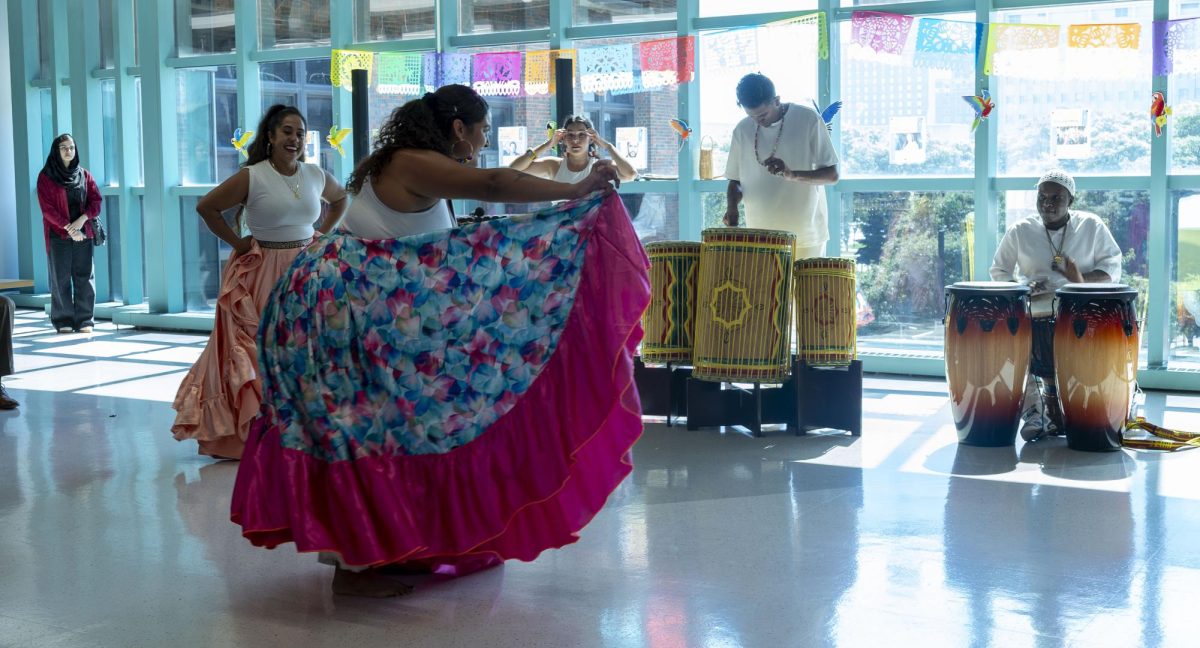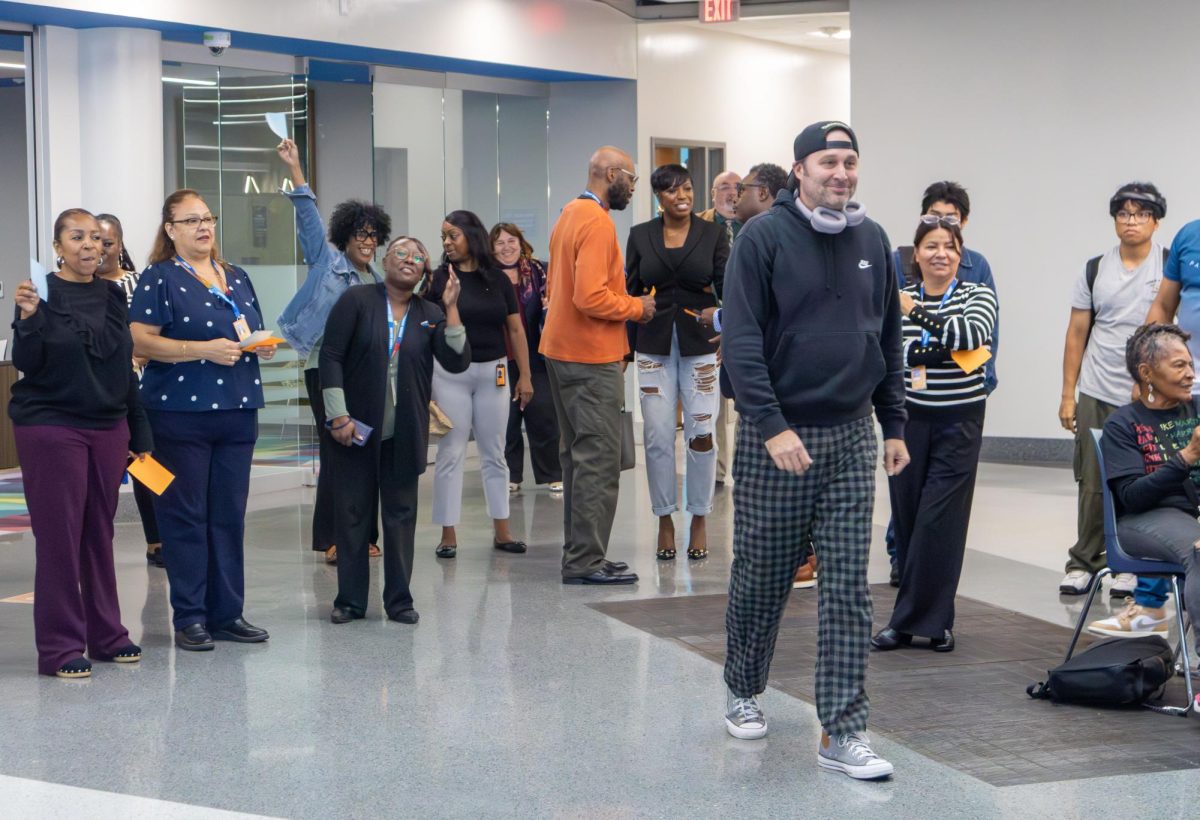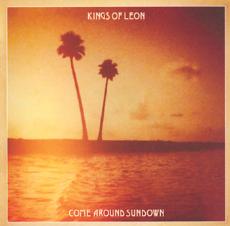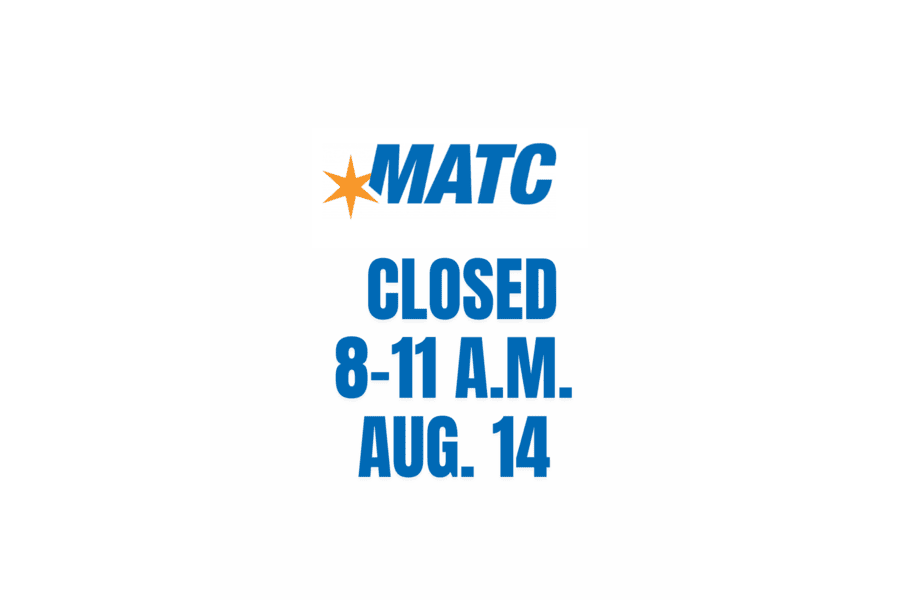There’s very few encouraging signs in the world of rock music. So when a decent, hard-working, talented band like Kings of Leon release an album it gets my attention. Their fifth and latest album, Come Around Sundown (RCA), is quickly becoming my favorite. Born and raised in Tennessee to strict Pentecostal parents, the three Followill brothers and first cousin found there way to rock-and-roll after their evangelist father left the church and divorced their mother.Goodbye tent revivals – hello record deal. At first listen it seems to be just another KOL record but that’s what I love about it. They prove that just because they’re from Tennessee, they don’t have to have a Southern sound. If anything, Caleb and Matthew Followill’s guitar work has more Edge (U2) influences than any American guitarists.
The Kings have a unique sound that nobody’s trying to emulate or copy, so the 13 tracks here have that exciting, new vibe to them. They succeed here because as a band they’ve been able to maintain a real high quality in their writing. Standouts include “Pony Up,” “Radioactive,” “Back Down South,” “Mary” and “The End.”
Hot on the heels of Signatures, the solo catalog of John Lennon, comes Bob Dylan The Original Mono Recordings (Columbia). Here are Dylan’s first eight studio albums, at arguably the most creative part in his life, in their full mono-mixed versions.
This is just as important as The Beatles Mono Box of last year in that the mono versions are, in some cases, radically different that their stereo counterparts. These are the same songs, same instrumentation and same vocals, ultimately just a very different sound; the sound Dylan heard in his head and that he tried to get on tape.
As an example, Al Kooper’s famous organ on “Like A Rolling Stone” is way back in the mix, replaced by all the other instruments, which gives this iconic song an entirely different feel.
While not for everyone, Bob Dylan The Original Mono Recordings are a very important release in that we finally have the opportunity to hear this generations greatest songsmith’s wares, the way they were meant to be heard.
The Beatles re-issue campaign is still in high gear with the release of both 1962-1966 and 1967-1970 (Apple), also called the Red and Blue albums, respectively. Originally issued in 1973, they were the only greatest hits compilations officially released.
No reason to get too excited over their being issued though. If you bought their newly remastered catalog last year, you have these songs. These CDs are more in-depth than the best selling #1 CD released in 2000 with a great mix of singles (“Hey Jude”) and key album tracks (“While My Guitar Gently Weeps”). Also included are additional photos, original liner notes and a new essay by Bill Flanagan. At the very least, these cd’s are a great way to sample the band on your ipod.
Daniel Lanois is a pretty talented dude. Either as a producer or guitarist, Lanois has a number of successes under his belt. He’s produced diverse albums by the likes of Bob Dylan, Willie Nelson and U2. What has held him back though are his bad choices; The Tragically Hip, Luscious Jackson and Midnight Oil.
His latest, though, is a great one. Black Dub (Jive) is the end result of an idea Lanois had that was simply get good songs and let the band knock ’em out. It’s a simple idea that somehow gets lost in today’s world of gimmicks and trickery.
It doesn’t hurt the cause though when you have players like bassist Daryl Johnson (Peter Gabriel) and drummer Brian Blade (Ellis Marsalis). Vocalist Trixie Whitley is the daughter of the late blues vocalist/guitarist Chris Whitley.
She inherited her father’s vocal prowess. Whitley’s got a lot of soul, not a screaming church singer but she’s all about all emotion. One, the bluesy heart-wrenching “Surely” that really shows off her range, is proof enough.
Standouts on the best debut by any artist this year include “Last Time,” “Nomad,” “Silverado” and on the instrumental “Slow Baby” that shows off the band’s continuity.
On Elvis Costello’s previous four full length studio efforts he’s released albums based on rock (Momofuku), jazz (The River In Reverse), acoustic roots (Secret, Profane & Sugarcane) and classical (II Sogno) settings.
His latest is National Ransom (Hear Music). He’s outdone himself again, combining a little bit of everything into one. Does it work? Well, sorta.
I love when artists show off their diversity and obviously Costello is not a guy that hangs around in one genre for too long. That being said, National Ransom’s ability to wear different hats, so to speak, is ultimately it’s downfall in that the result is the album lacks any continuity.
Rock, folk, jazzy influences, anything and everything is thrown up against a musical wall and where it lands is where it sits. Again produced by T Bone Burnett, he’s given Costello too much rope and he’s flailing uncontrollably in the wind.
Still though, I need a Costello fix and stuff like “The Spell You Cast,” “Five Small Words” and “National Ransom.” They have just enough rockin’ punch to hold me over till the next Elvis album.
Others of interest include “My Lovely Jezebel,” “Jimmy Standing In The Rain,” “I Lost You” and the vaudevillian-like “A Slow Drag With Josephine.
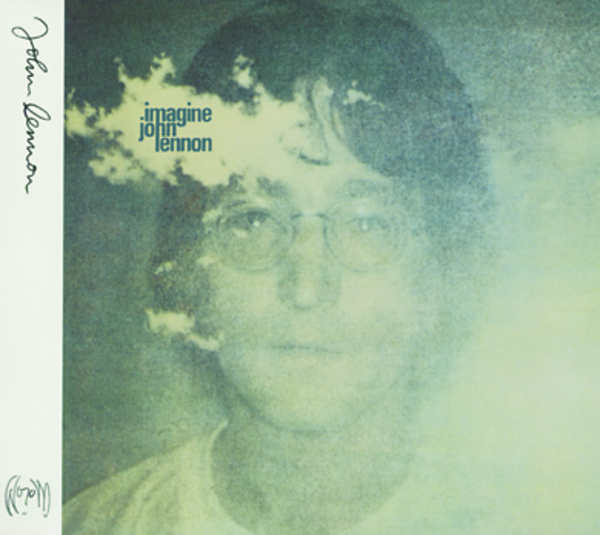
Elvis Costello (DUANE RODRIGUEZ)

Bob Dylan (DUANE RODRIGUEZ)





















